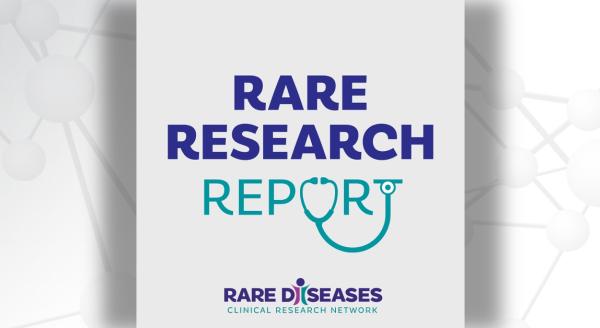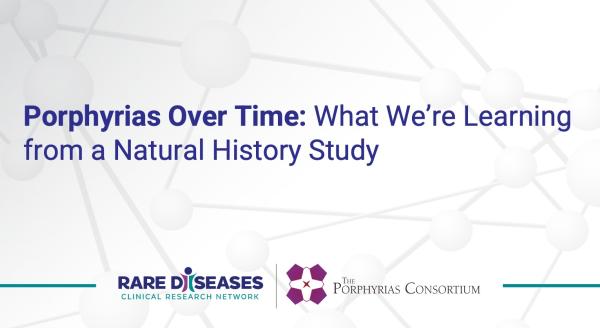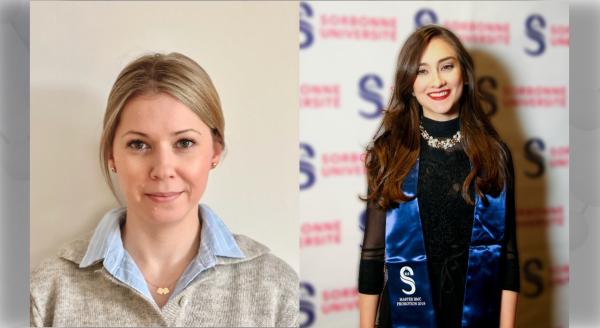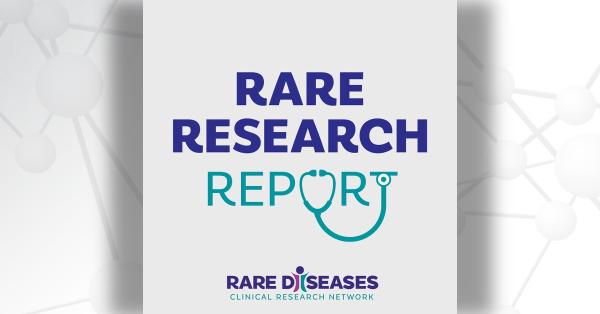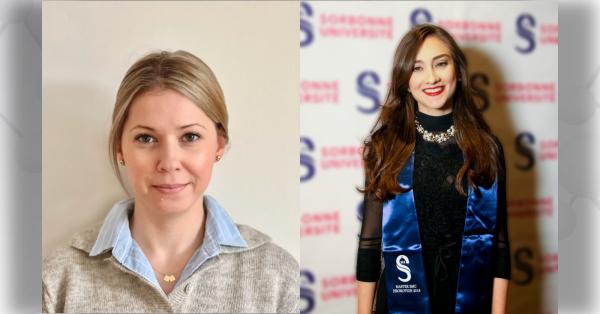Reena Kartha, PhD, MS, was named Rare Disease Difference Maker by Engage Health. Kartha is an assistant professor in the College of Pharmacy at the University of Minnesota and former fellow with the RDCRN’s Lysosomal Disease Network (LDN).
The award recognizes an individual each year who has contributed immensely to the rare disease space. “It is her passion for connecting the dots that led her to become a rare disease educator striving to introduce the next generation of healthcare students to rare diseases,” the company’s announcement states.
Kartha’s research focuses on adrenoleukodystrophy and Gaucher disease. She aims to characterize the role of oxidative stress and inflammation in both of these rare diseases, as well as identify novel or repurposed therapies that can mitigate these processes.
“We try to better understand the pharmacology of potential agents in relevant disease models to successfully repurpose them for these conditions,” says Kartha. “The long-term goal is to help patients affected by these chronic conditions by improving their quality of life.”
As an LDN fellow, Kartha initiated new projects on Gaucher disease, expanding her research on inherited metabolic disorders. She also developed and delivered a new undergraduate course titled “Rare Diseases: What it Takes to Be a Medical Orphan.” The highly interactive course introduces students to the many facets of rare diseases, including challenges of the diagnostic odyssey, barriers to research and clinical trials, legislative advocacy, the pharmacy marketplace, financial concerns, patient organizations, and launching an awareness campaign.
“The immediate impact of this course for the students and the community was gratifying, and this recognition will help spread the message,” says Kartha. “I am hopeful that other educators like me will utilize the immense resources created by advocacy groups to develop similar experiential learning opportunities for their students.”
The Lysosomal Disease Network (LDN) is part of the Rare Diseases Clinical Research Network (RDCRN), which is funded by the National Institutes of Health (NIH) and led by the National Center for Advancing Translational Sciences (NCATS) through its Division of Rare Diseases Research Innovation (DRDRI). LDN is funded under grant number U54NS065768 as a collaboration between NCATS, the National Institute of Neurological Disorders and Stroke (NINDS), and the National Institute of Diabetes and Digestive and Kidney Diseases (NIDDK).


